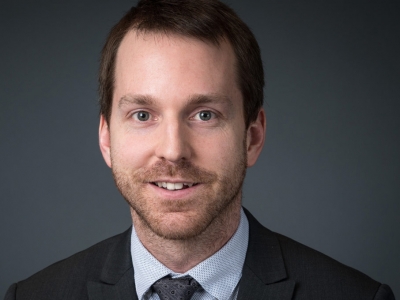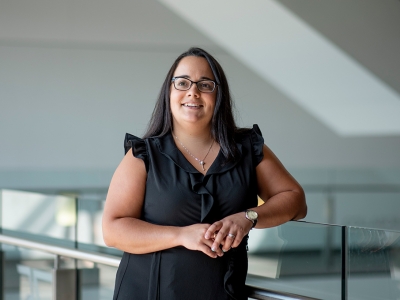By Dan Rubinstein
Photos by Justin Tang
Ivan Zinger, the Correctional Investigator of Canada, has never seen an episode of Orange is the New Black, the critically acclaimed television series about female inmates at an American prison.
“This is what I do for a living,” says the ombudsman for federally sentenced offenders in Canada. “Watching that show would not be relaxing.”
When he does have time to take a break from work, Zinger teaches downhill skiing at Quebec’s Mont Ste.-Marie and does motorcycle track days at Calabogie Motorsports Park west of Ottawa.
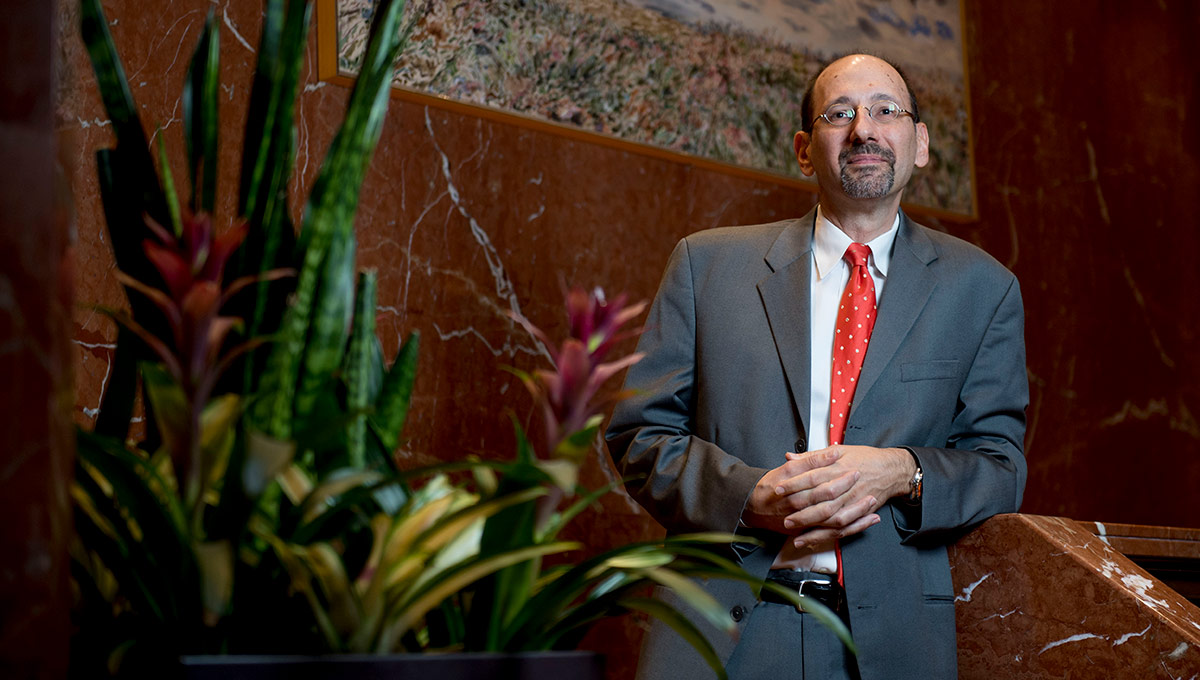
Ivan Zinger, Correctional Investigator of Canada
“I drag my knees in the corners,” smiles the adjunct professor in Carleton’s Department of Law and Legal Studies, who also has a PhD and undergraduate degree in Psychology from the university.
“I’m a risk-taker, which is consistent with being an ombudsman. You speak truth to power and that requires challenging the status quo.”
After serving in an acting role throughout 2017 and working as executive director and general counsel in the Office of the Correctional Investigator for the previous eight years, Zinger was appointed to a five-year term in the top job in early January.
The position entails providing independent oversight of the Correctional Service of Canada by conducting impartial and timely investigations of individual and systemic concerns, everything from the glaring over-representation of Indigenous and mentally ill inmates and the dangers of solitary confinement to issues such as substandard food and access to religious services.
And though Zinger’s job is not to advocate for prisoners but to ensure compliance with the law and policy, he is driven by a passion for human rights and social justice.
“A penitentiary is like a small society,” says Zinger. “There is education, health care, food, work and, with segregation units, a prison within the prison. But everything is amplified in a penitentiary because of the population, and because everything happens behind a wall, there’s inherently not much public scrutiny.
“I get upset when I see injustices. That’s part of my motivation. So, you investigate, you get the facts, and then you let the facts speak for themselves.”
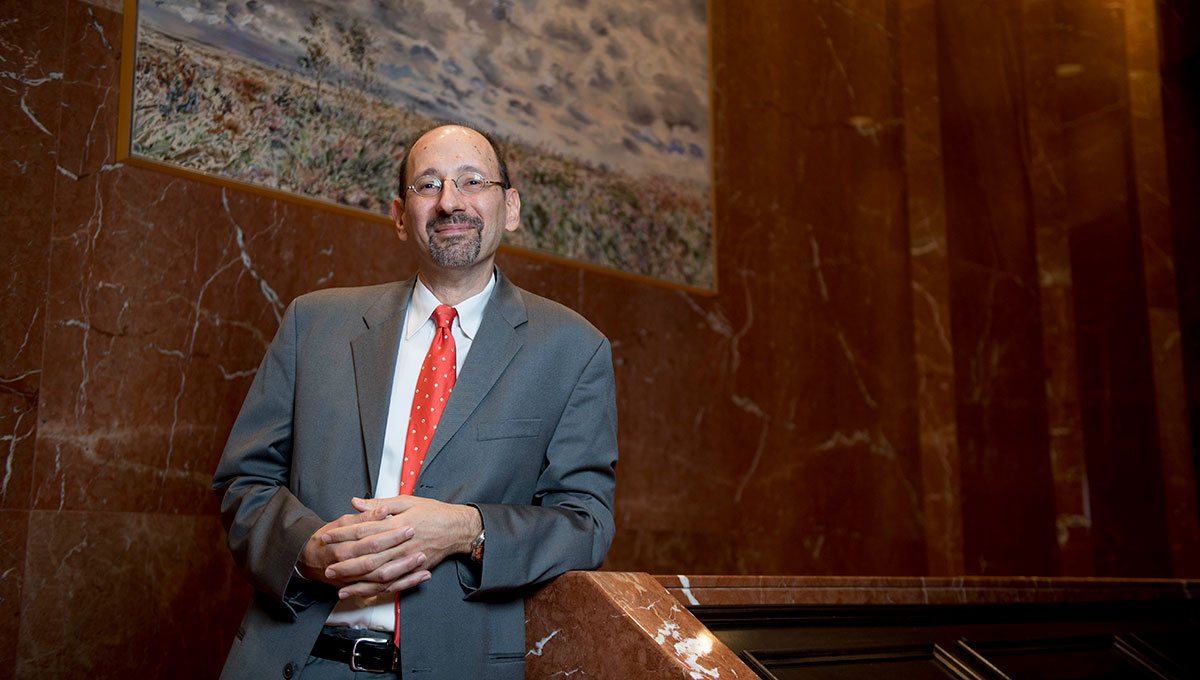
Working in the Public Interest
Zinger was born and grew up in a francophone household in Montreal’s Outremont neighbourhood. His mother, an ophthalmologist, had emigrated from Italy. His father is of Russian heritage and came to Canada from Paris with little education, but worked hard to become a mathematics and statistics professor at L’Université du Québec à Montréal.
Education was important in the family, but Zinger’s sisters both got high marks, which took the pressure off him. He enrolled in Carleton’s Psychology program in 1985 in part to move away from friends who were a bad influence.
“Like my father, I was a late bloomer,” says Zinger, who credits a professor he had in third year, Don Andrews, a pillar of the international correctional psychology community, with igniting the spark that sent him on the non-linear path to his current post.
After earning an honours BA in Psychology with a concentration in criminology and criminal justice in 1989, Zinger went to the University of Ottawa for law school, but had no interest in entering private practice.
“I didn’t want to keep track of billable hours,” he says. “I wanted to work for the public interest in government.”
When Zinger graduated from law school in 1993, however, there was a hiring freeze in the federal civil service, so he got in touch with Andrews, who agreed to supervise his PhD.
Zinger did part-time doctoral studies at Carleton, which allowed him to take on consulting contracts for the federal Justice Department and Solicitor General’s Office, and when he started to look for a thesis topic, a meeting with one of Andrews’s former students at the Correctional Service of Canada led to a casual position in the agency’s research branch.
It was 1996. Justice Louise Arbour had just issued a damning report on the conditions experienced by female inmates at the Prison for Women in Kingston, Ont., and Zinger saw an opportunity to use his knowledge of law and psychology to help protect the human rights of convicted offenders.
After receiving his PhD in 1999, he worked in the Department of Justice and for Public Safety Canada before joining the Office of the Correctional Investigator as director of policy and senior counsel in 2005.
A trained prison inspector, Zinger now oversees a staff of 36 and is just the fourth head of an organization that was established to create an external mechanism for prisoners to file grievances in 1973, two years after a pair of inmates died during a chaotic four-day riot at the Kingston Penitentiary.
“In a large department, it can be difficult to voice your opinion,” Zinger says. “In an ombudsman’s office, you have the liberty and privilege to speak your mind.”
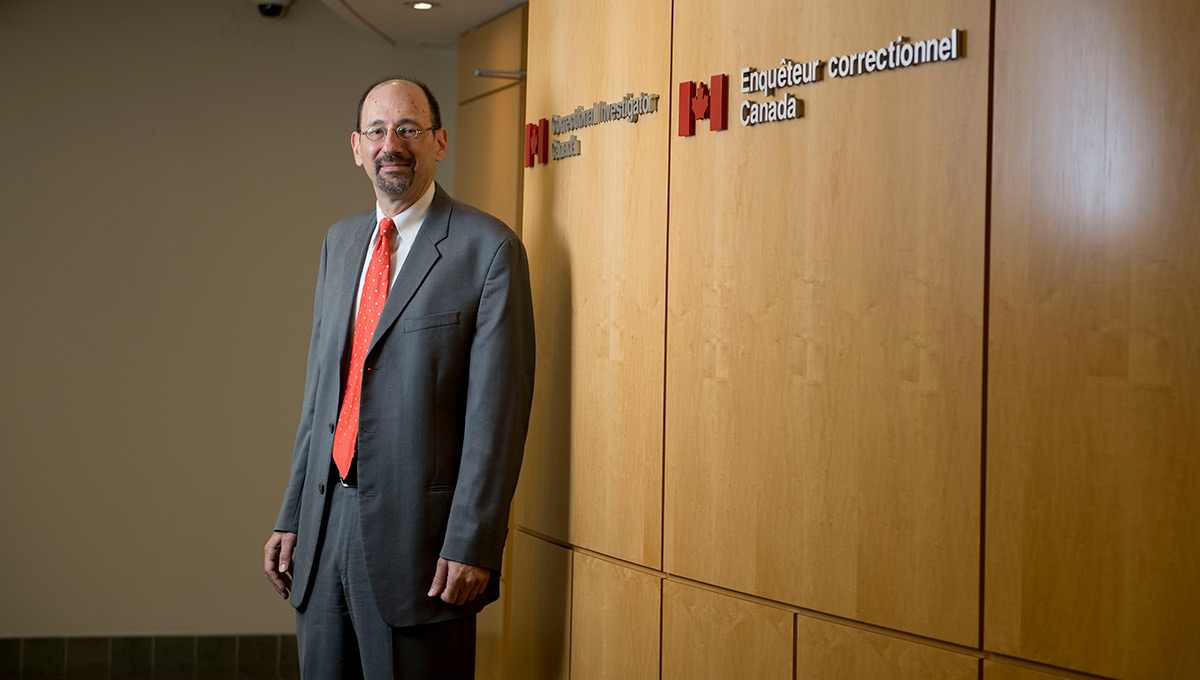
Confronting Systemic Problems
Canada’s Correctional Investigator has the authority to visit each of the 43 federal penitentiaries across Canada and assess conditions, interview prisoners and staff, access documents, and even hold public hearings and subpoena witnesses. But the reports and recommendations issued by the office are non-binding, which compels Zinger and his colleagues to use the power of persuasion — including meetings with wardens, correctional officers, inmates and their families — to make change.
Zinger has other “tools” for addressing the root causes of egregious issues, such as holding press conferences, issuing news releases or appearing before parliamentary committees, to apply public and/or political pressure. He is also obligated to notify the Minister of Public Safety if prison officials don’t respond to recommendations in an appropriate or timely manner.
The Correctional Investigator is very successful at resolving individual complaints, such as segregation placements, involuntary transfers and access to health care, says Zinger, but has more challenges when confronting systemic problems that become clear when the same complaints surface year after year.
A lack of resources can be a barrier. But often it’s a matter of overcoming attitudes — such as the unfounded belief that a tough-on-crime agenda will improve public safety — that proves costly to taxpayers (inmates cost $115,000 a year to house) and hinder the rehabilitation that’s a crucial component of any effective correctional system.
Zinger’s office has been part of the push to re-establish the prison farm program cancelled by the previous Conservative government. They’re also working at a broad societal level to address the fact that 27 per cent of Canada’s federal prison population is Indigenous, a group that comprise just four percent of the country’s population.
“That statistic,” he says, “shows that something is broken.
“We need to do things differently,” he continues, pondering the possibility of transferring the $115,000 annual cost for the “care and custody” of Indigenous inmates from Correctional Service of Canada to Indigenous communities by establishing healing lodges managed and operated by Indigenous communities.
Moreover, he notes that 75 per cent of inmates have a history of substance abuse, and 60 percent were intoxicated when committing the crime that sent them to jail — which shows that incarceration as punishment is rarely a deterrent to crime.
“There’s such a disconnect between what some politicians advocate,” he says, “and what we know from best practices, policy and evidence.”
Looking ahead, Zinger is planning to launch an investigation into how aging offenders are treated — inmates who are typically low risk but have more heath concerns and could be good candidates for release into the community.
“It’s not just how we treat people, but also the profile of the prison population that matters,” he says.
“It’s very telling of who we are as a society, and we can use it as a barometer to gauge the success and failure of public policy.”
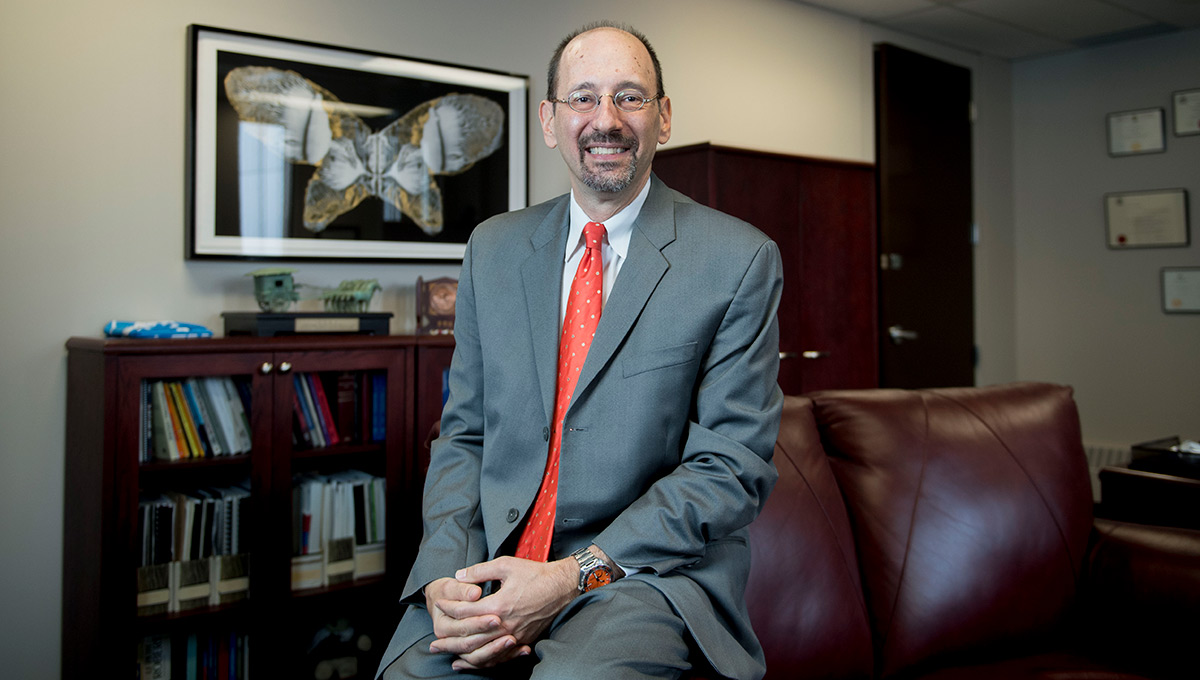
Educating Canadians about the Role of the Correctional Investigator
Although Zinger is too busy these days to teach classes at Carleton, he does the occasional guest lecture at universities across the country, often tied into trips he takes to visit prisons.
“Part of my job is to educate Canadians about the role of this office,” he says, noting that the Correctional Investigator website receives roughly 10 million hits a year, which shows that the “balanced voice” of the office has widespread appeal.
“I find that students today are much more interested in social justice and human rights than when I was at university,” he adds.
“It’s great to see this enthusiasm, and to see how law, criminology and psychology programs have changed. That gives me hope.”
Zinger also remains engaged in academia by doing research and publishing papers in scholarly journals every couple of years, such as “Human Rights and Federal Corrections: A Commentary on a Decade of Tough on Crime Policies,” which appeared in the Canadian Journal of Criminology and Criminal Justice in 2016.
The paper examines areas such as conditional release and parole, prison health performance indicators and aging prison infrastructure.
“Canada’s commitment to human rights and evidence-based Corrections should not be subject to changes in government,” Zinger writes in his conclusion.
“The endless cycle of retrenchment and reform in criminal justice should end. Long-lasting improvements in public safety and human rights should not be hindered by our continued failure to learn from past history.”
In his office above Queen Street in downtown Ottawa, surrounded by gifts from prisoners and prison officials from the United States and China, Zinger reflects on that lesson.
“Every country has trouble sometimes,” he says. “Getting Corrections right can be challenging. But as Dostoyevsky wrote: ‘The degree of civilization in a society can be judged by entering its prisons.’”
Tuesday, January 30, 2018 in Alumni, Public Affairs
Share: Twitter, Facebook


